Publishers and Law Professors Back Authors in Meta AI Copyright Battle
Publishers and law professors have filed amicus briefs supporting authors who sued Meta over its AI training practices, arguing that the company's use of "thousands of pirated books" fails to qualify as fair use under copyright law. The filings [PDF] in California's Northern District federal court came from copyright law professors, the International Association of Scientific, Technical and Medical Publishers (STM), Copyright Alliance, and Association of American Publishers. The briefs counter earlier support for Meta from the Electronic Frontier Foundation and IP professors. While Meta's defenders pointed to the 2015 Google Books ruling as precedent, the copyright professors distinguished Meta's use, arguing Google Books told users something "about" books without "exploiting expressive elements," whereas AI models leverage the books' creative content. "Meta's use wasn't transformative because, like the AI models, the plaintiffs' works also increased 'knowledge and skill,'" the professors wrote, warning of a "cascading effect" if Meta prevails. STM is specifically challenging Meta's data sources: "While Meta attempts to label them 'publicly available datasets,' they are only 'publicly available' because those perpetuating their existence are breaking the law." Read more of this story at Slashdot.

Read more of this story at Slashdot.


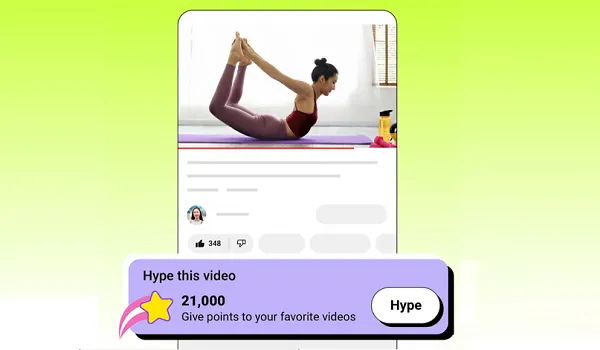
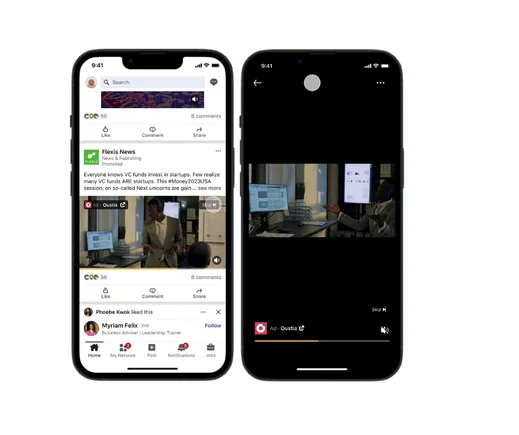

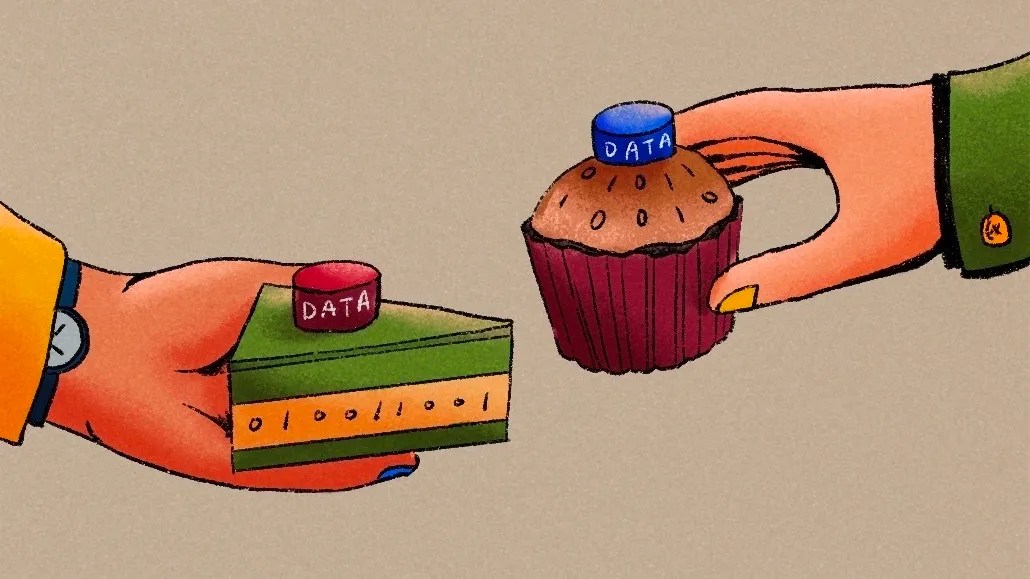






































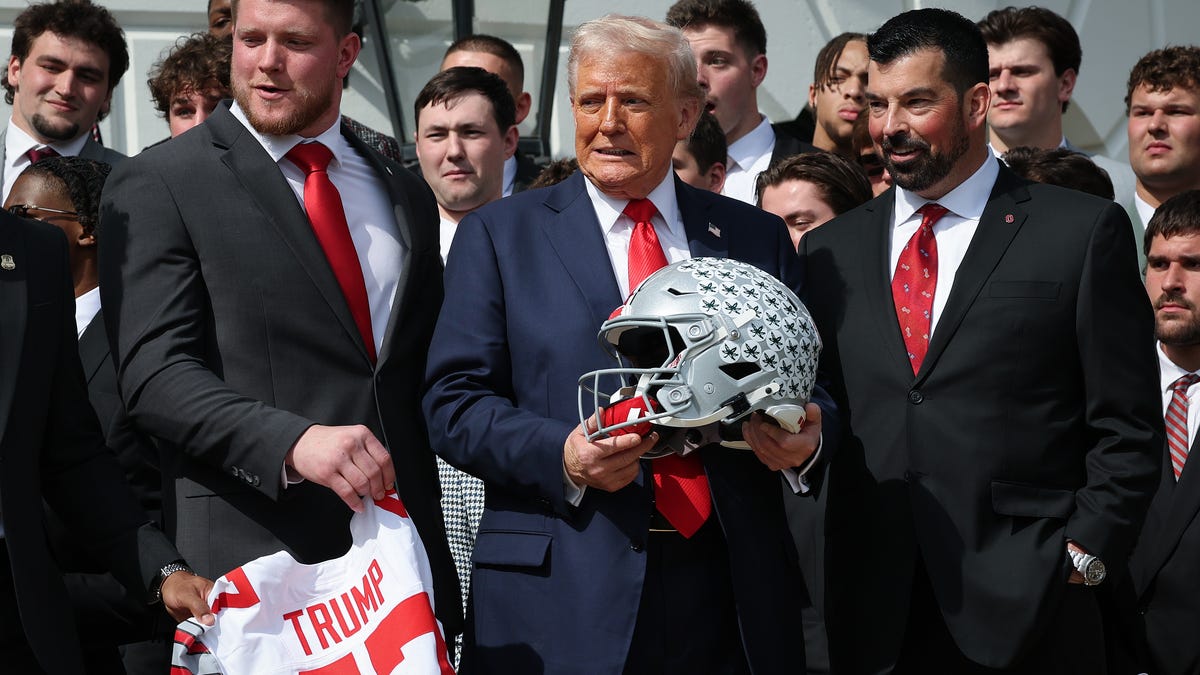
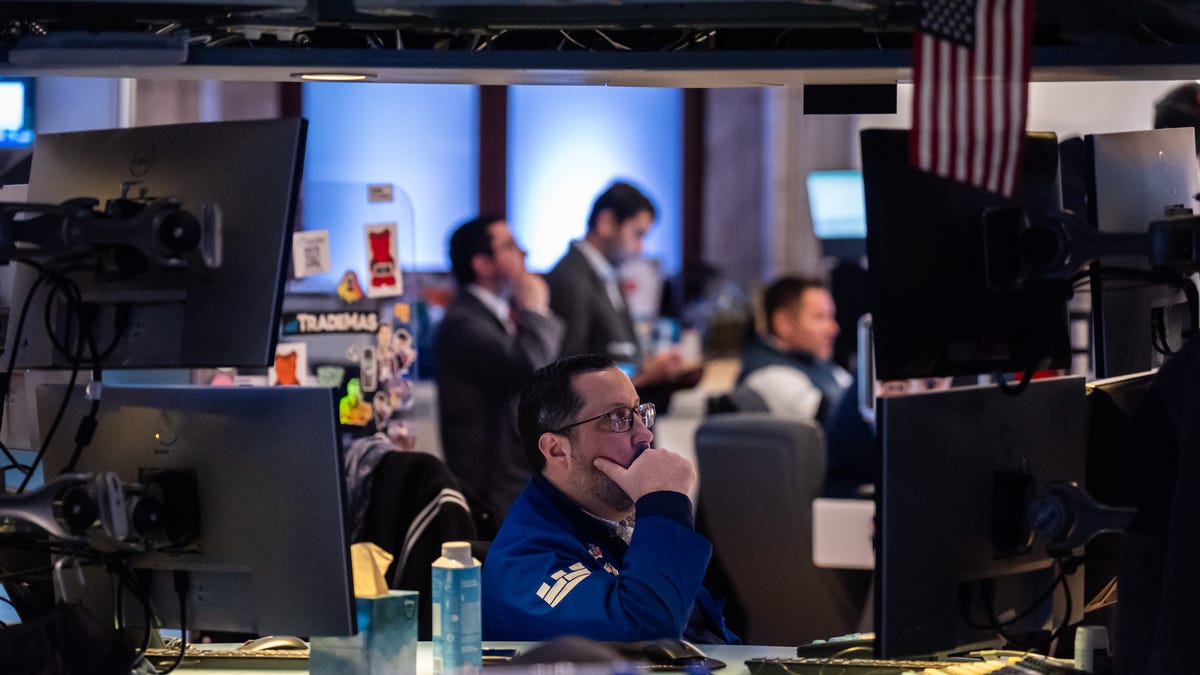
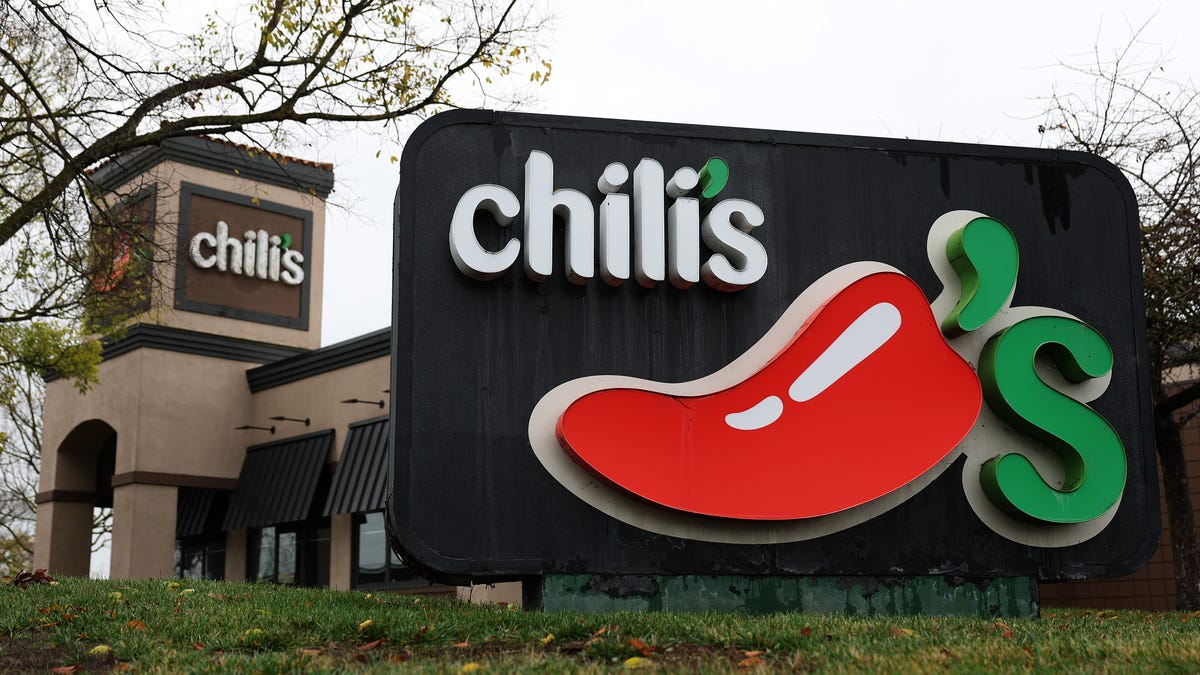




























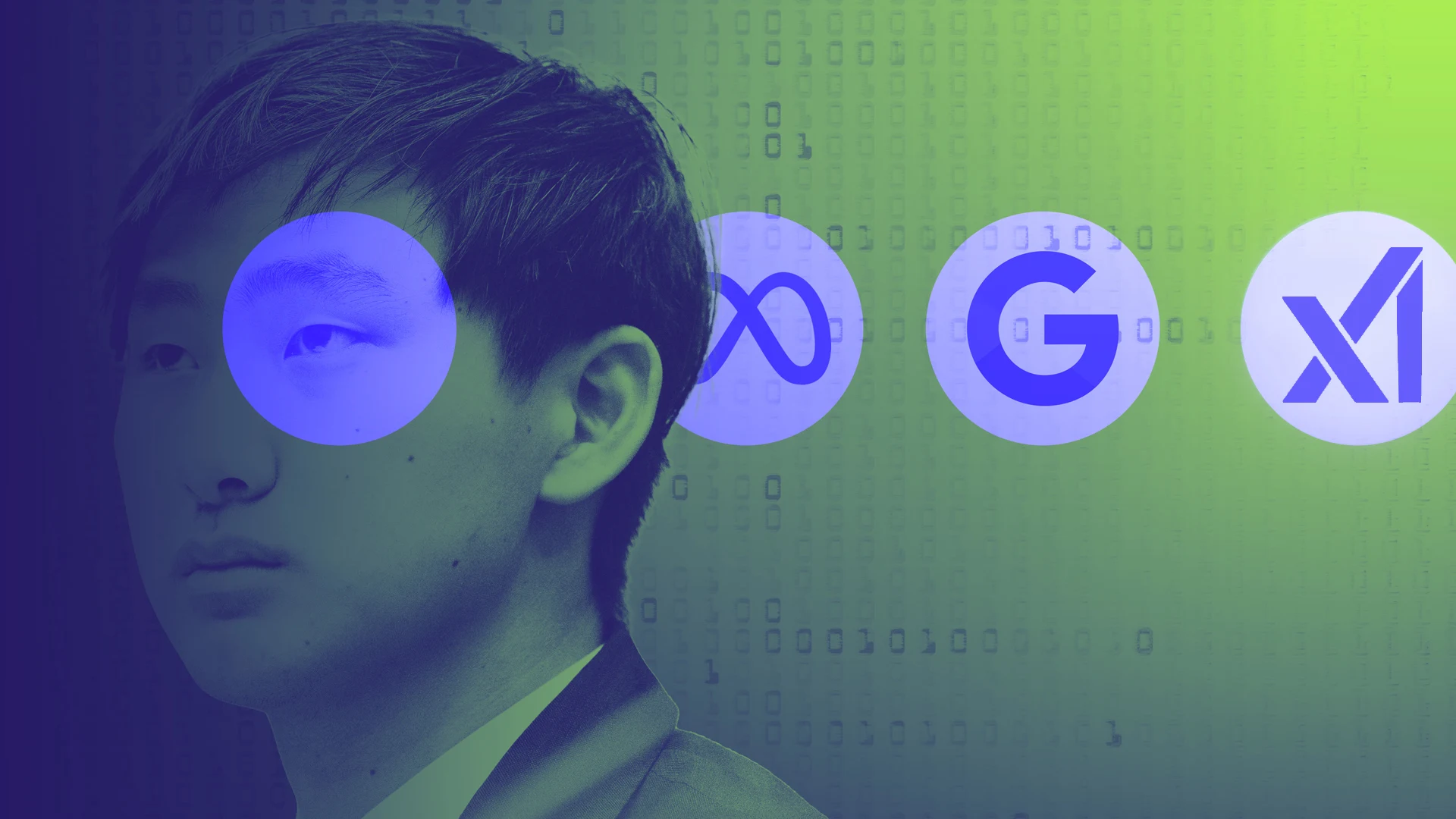
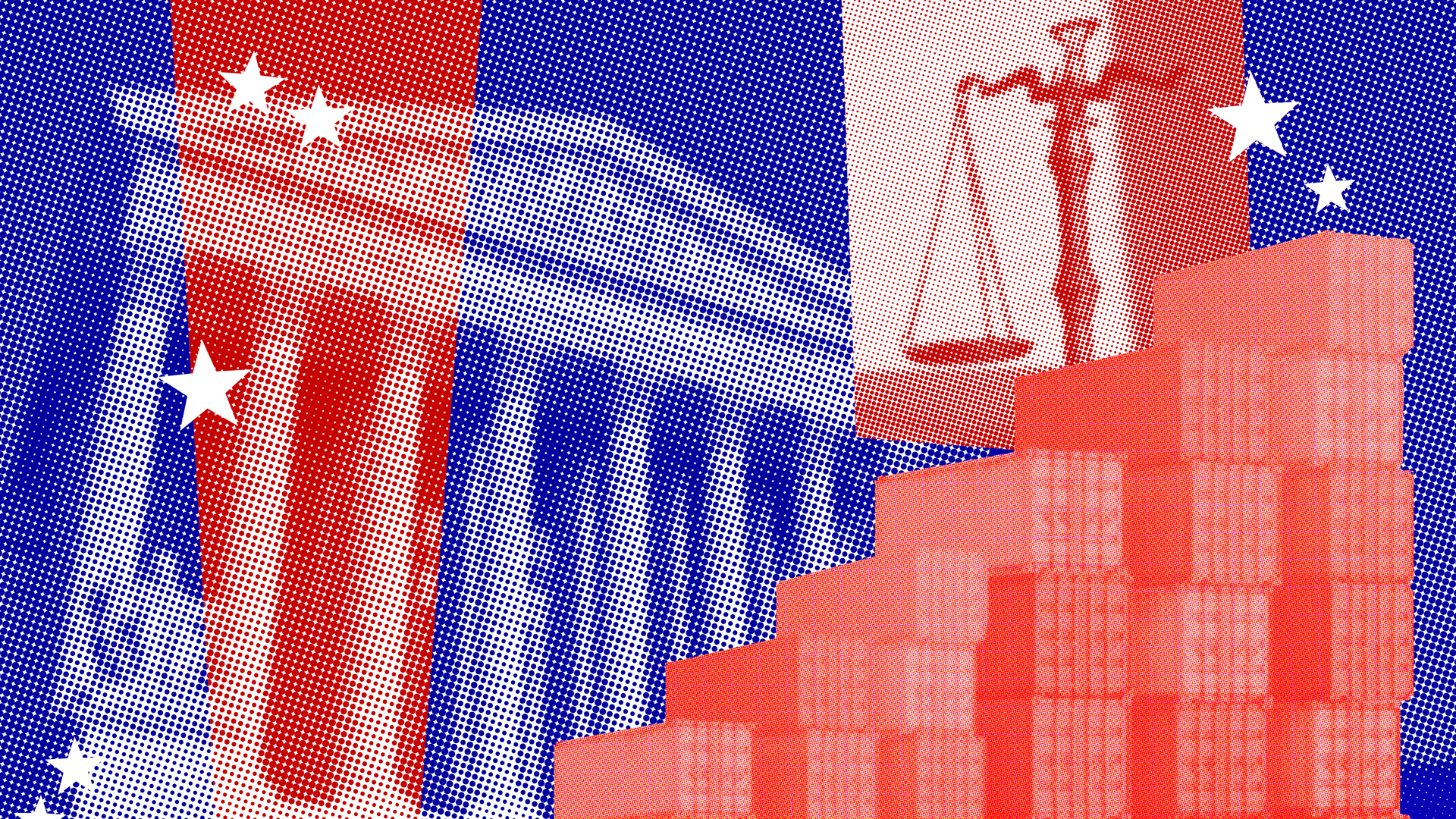




























































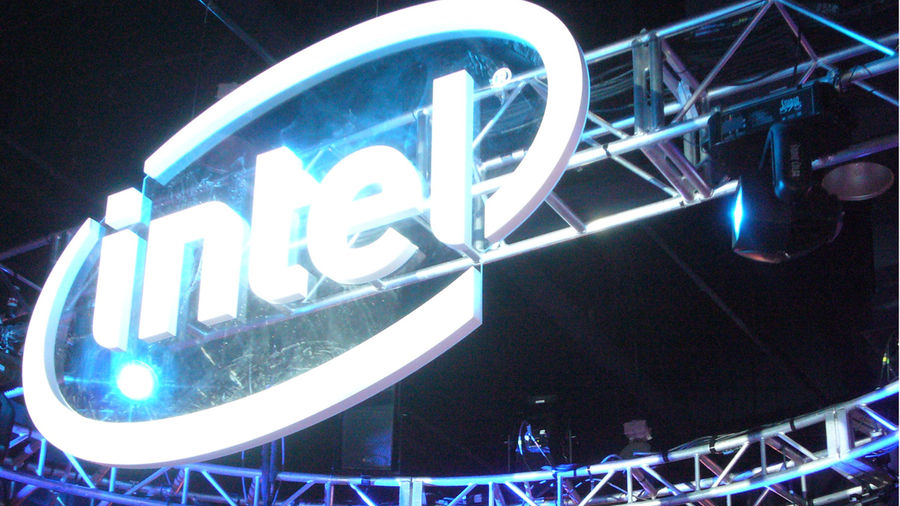





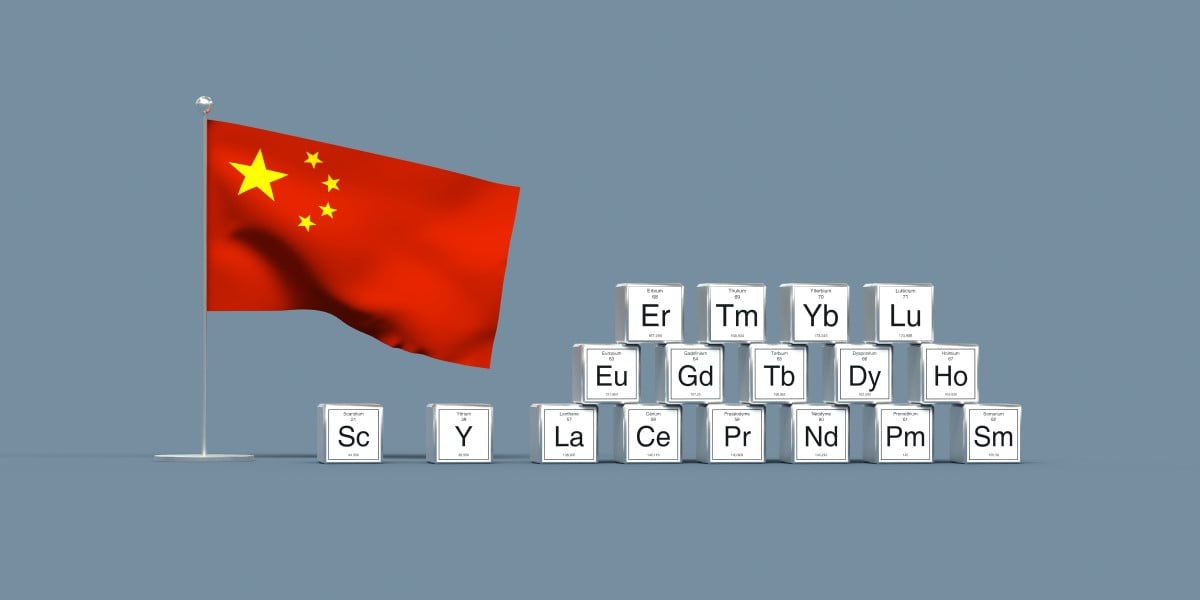








































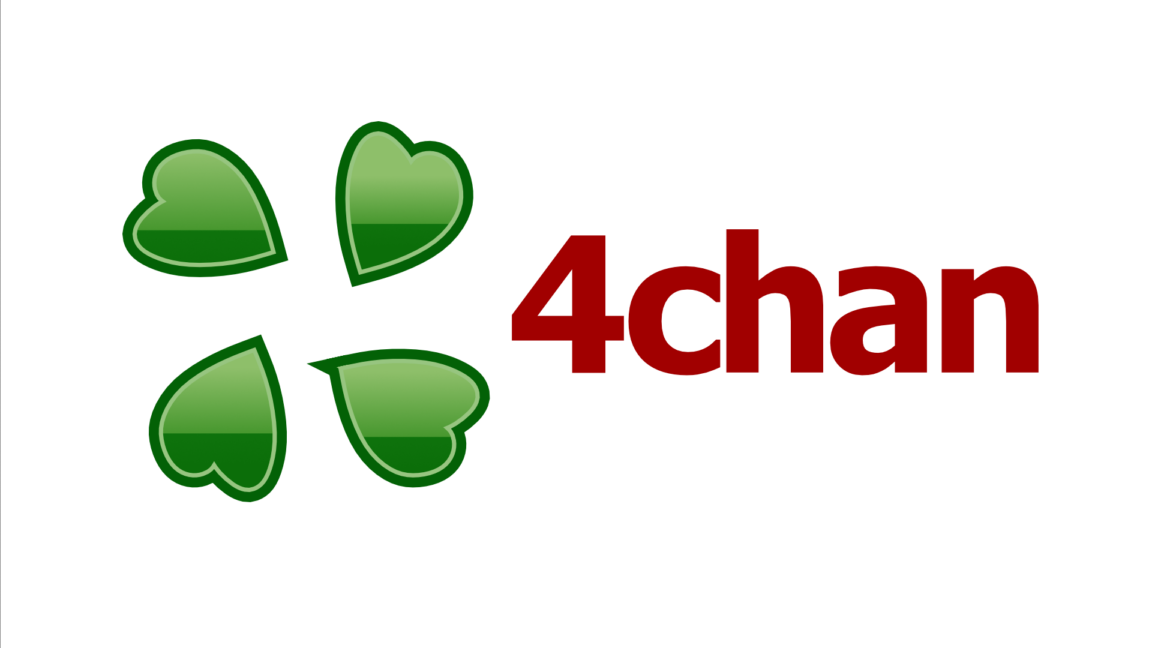





![How to Find Low-Competition Keywords with Semrush [Super Easy]](https://static.semrush.com/blog/uploads/media/73/62/7362f16fb9e460b6d58ccc09b4a048b6/how-to-find-low-competition-keywords-sm.png)



